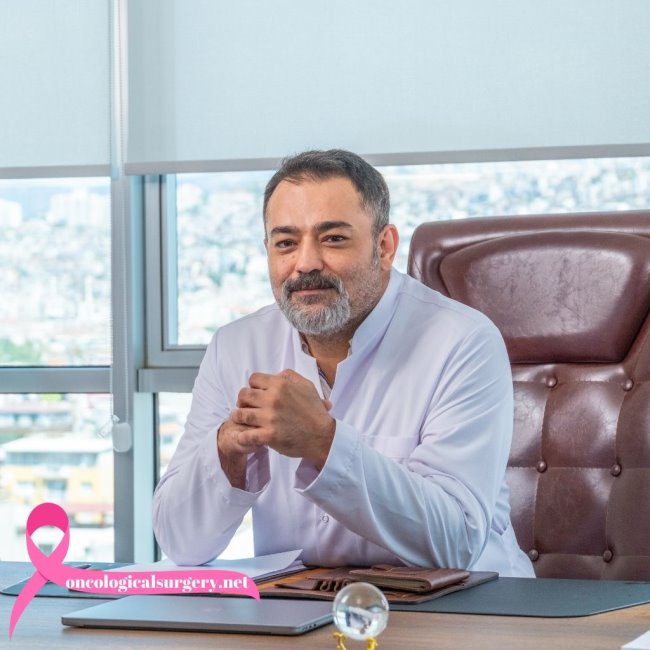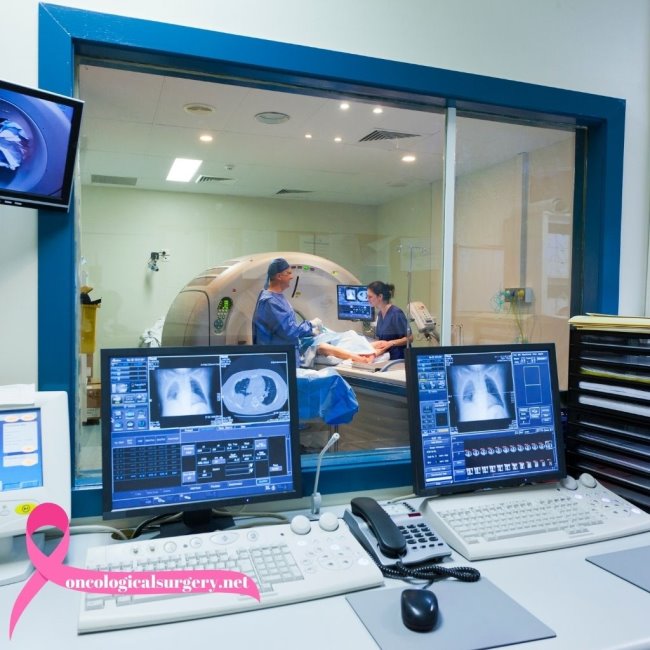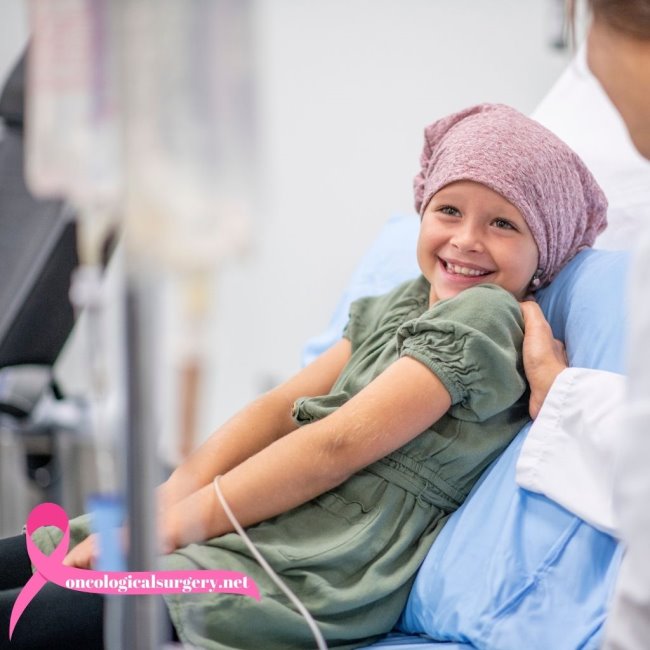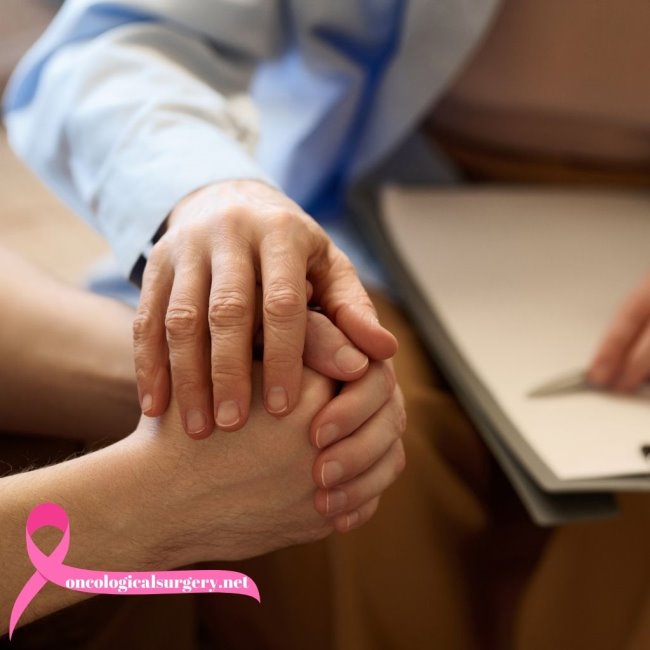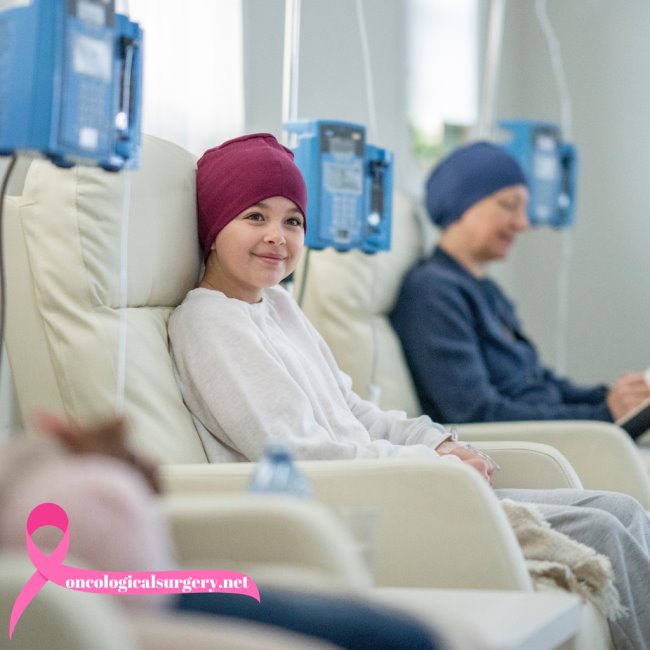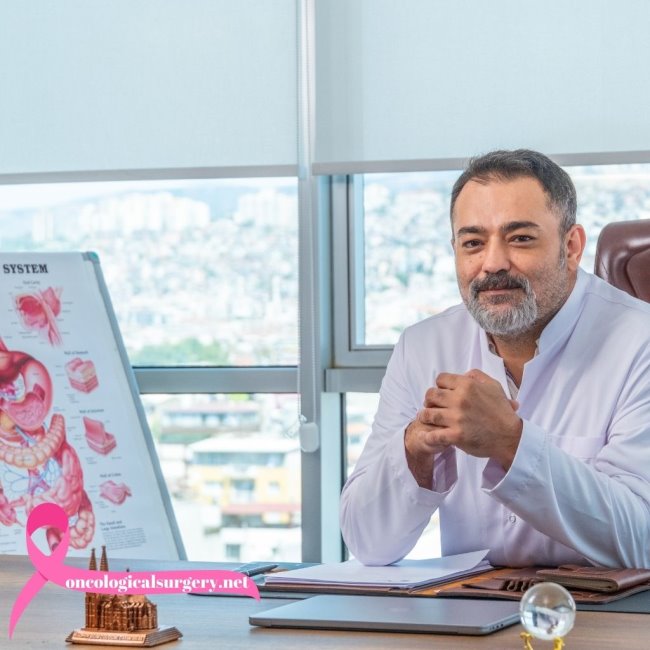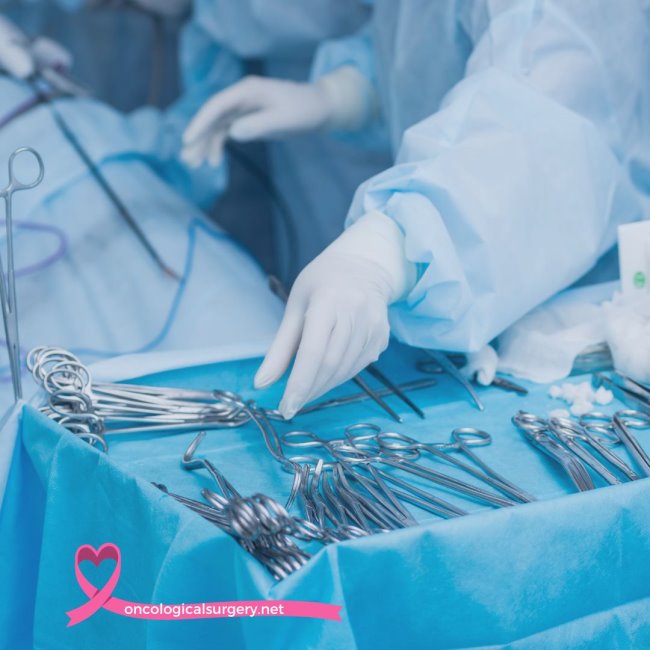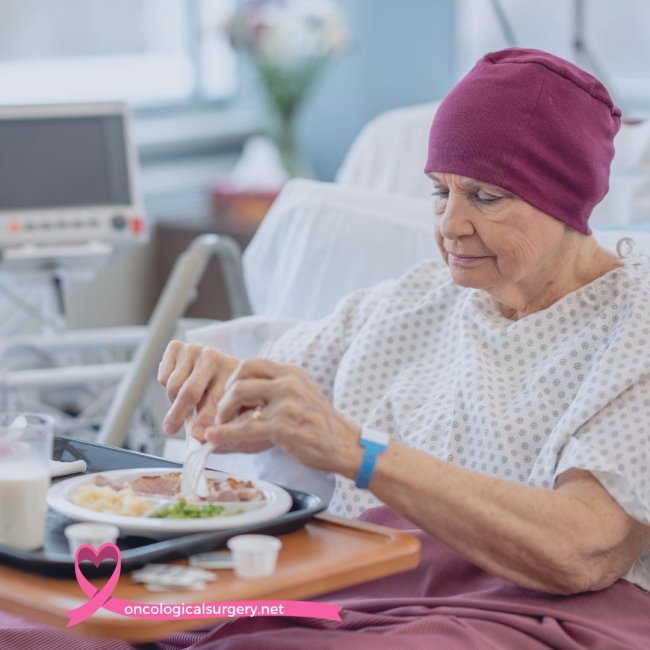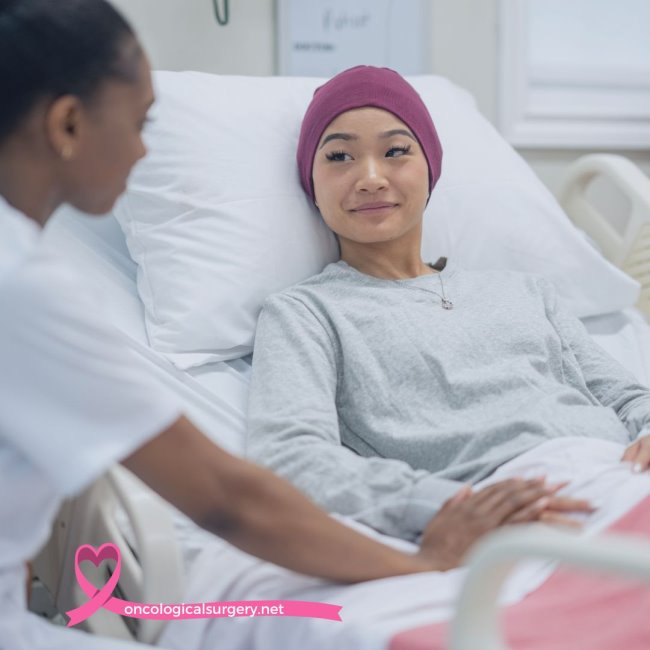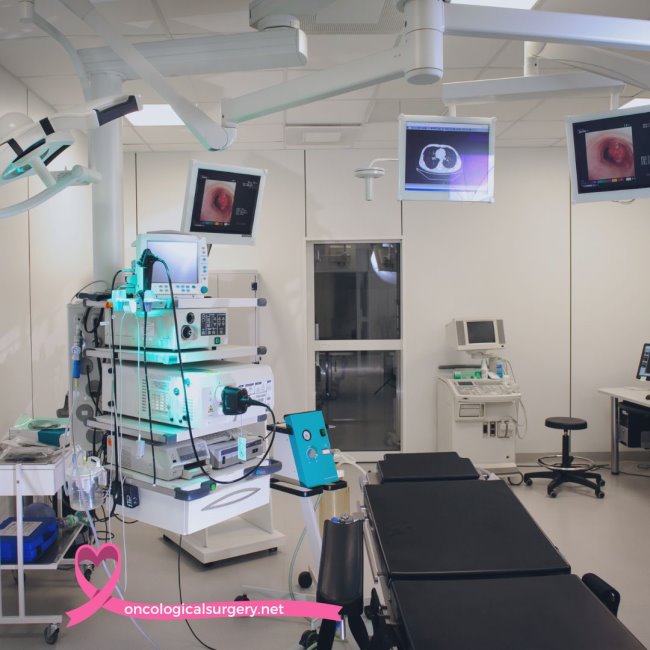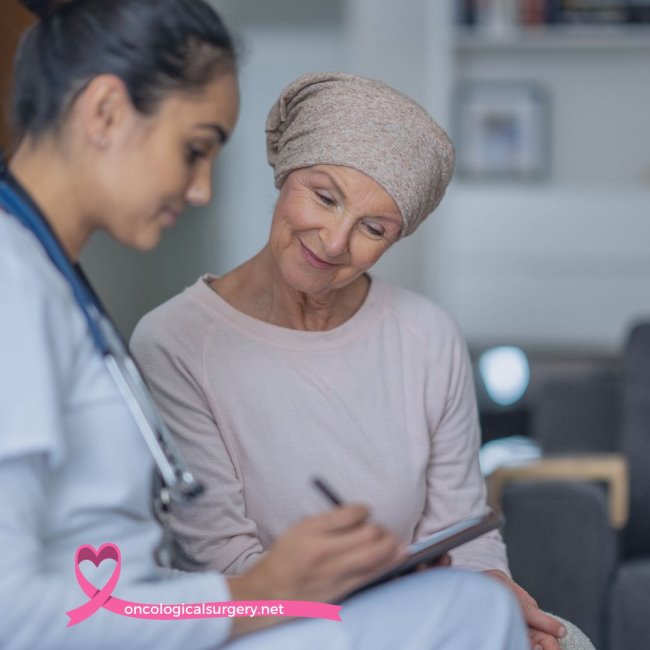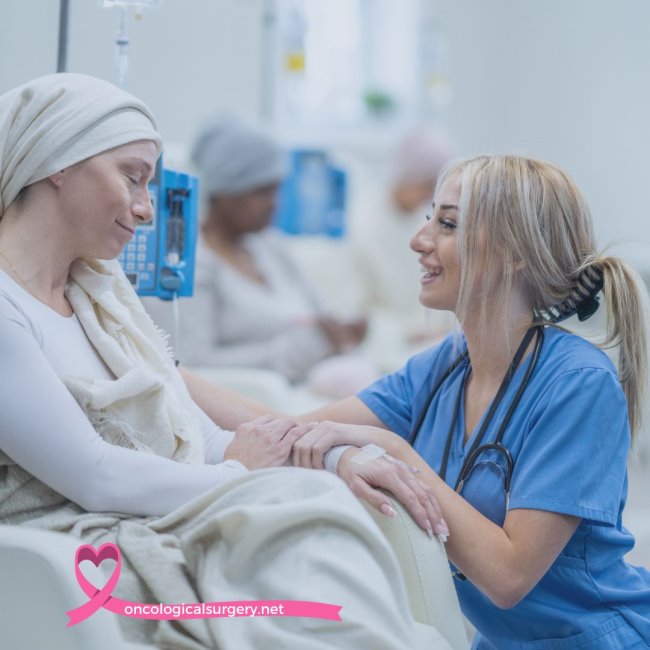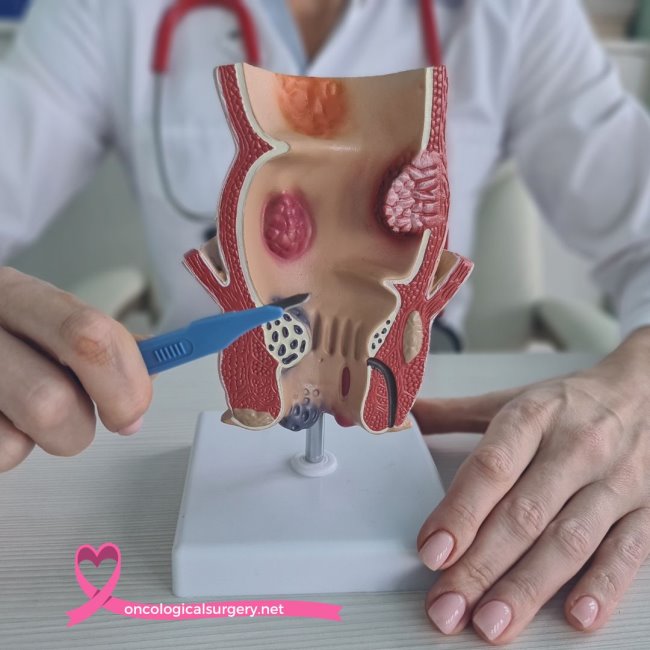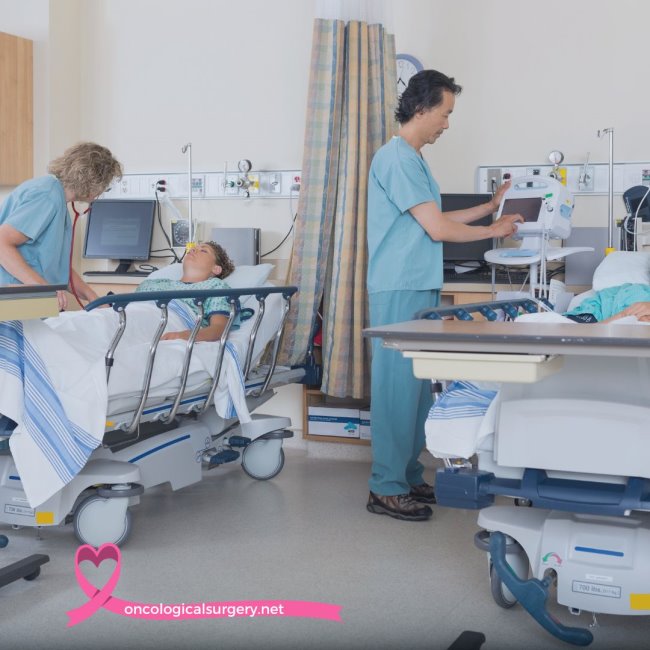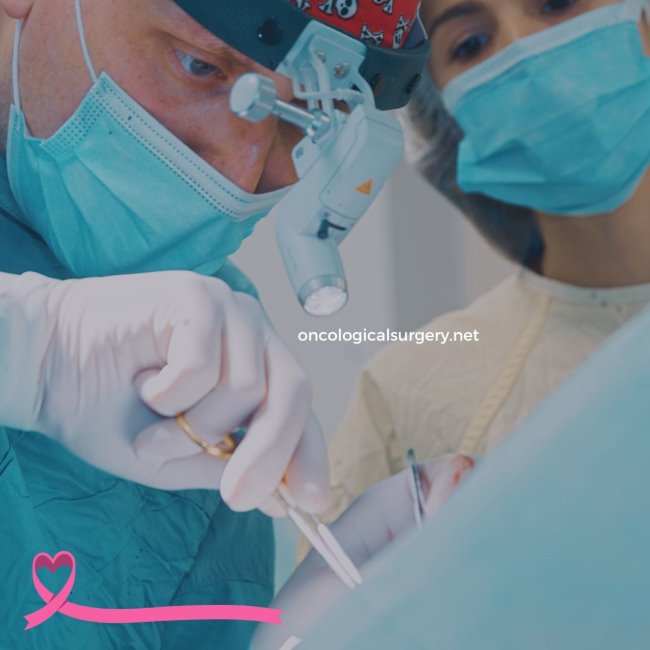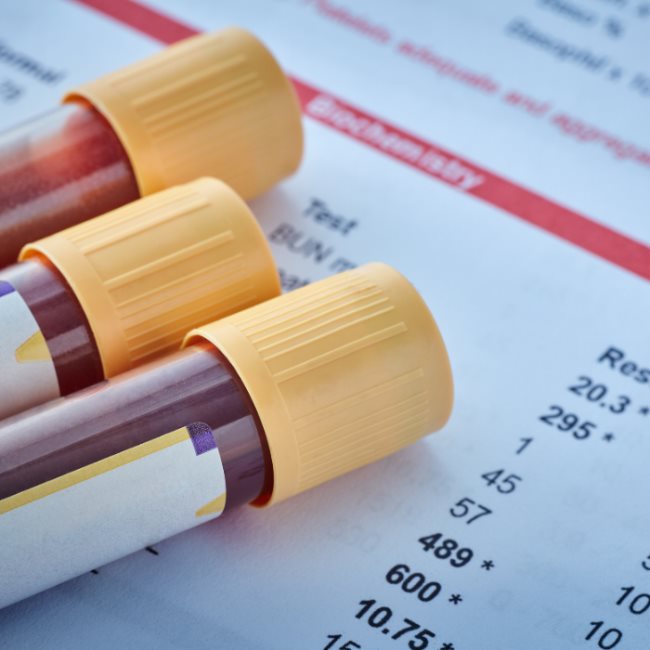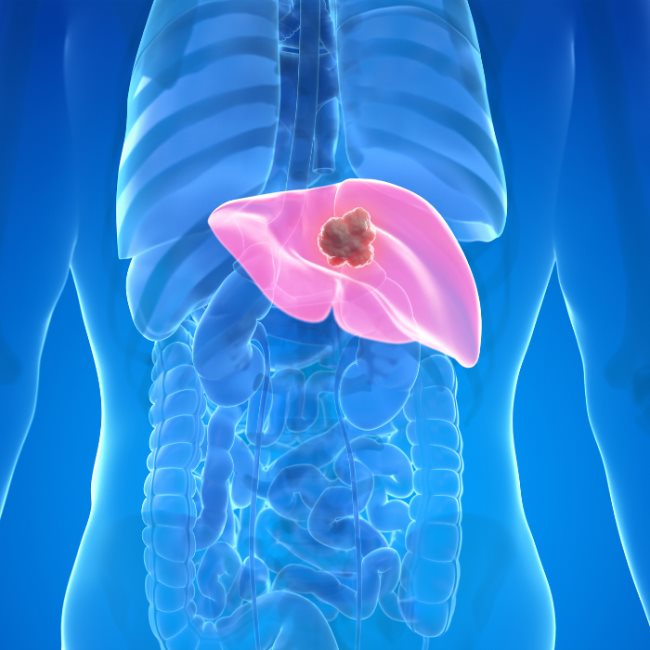
What to Expect During Your First Oncology Surgery Consultation
The period of preparation leading up to the first oncology surgery consultation is usually very scary for a patient. Being aware of how the process will go and what to expect will serve to minimize anxiety and ensure that the most is gotten from this very important appointment. Oncology surgery involves different types of treatments, including Colon Cancer Treatment, Pancreatic Cancer Treatment, Stomach Cancer Treatment, and Thyroid Cancer Treatment. Each type requires specific preparation and understanding, which begins with the initial consultation.
This consultation will involve seeing your oncologist and, in certain instances, a surgical team. This session should be an overview of your case history, discussion of the diagnosis, and possibilities of treatment. Being that it is an important foundation to the cancer treatment process, you need this time to inform yourself about the best choices concerning your health. You will have great benefit by being well-prepared for this consultation, and this could make a whole lot of difference in your treatment process.
Understanding the Process
Your first visit to oncology surgery is an investigative one-stop assessment. You will discuss your diagnosis, treatment options, and the details of the surgical procedure. This visit typically will cover the following:
- History taking in detail
- Discussion of diagnostic tests and imaging studies
- Physical examination
- Explanation of the goals that can be achieved from the surgery, possible risks, and expected outcomes
In the consultation, the surgeon will review your medical history, including all diagnostic tests done, such as biopsies, imaging studies (CT, MRI, PET), and laboratory test results. This is information necessary to appreciate the nature and stage of your malignancy. The surgeon describes the surgery to be performed-whether it be a minimally invasive surgery, a laparoscopic surgery, or an open surgery.
Furthermore, the surgeon will give the possible risks and benefits of the suggested surgery. These things are undoubtedly important in grasping your case for making up your mind on which line of treatment you shall undergo. This is the moment when you discuss expectations on the outcome and estimated recovery timeline. Going into a consultation prepared with questions and a sense of what you need to know will make it more productive and less intimidating.
Discussion Topics
This perhaps is a good time to ask questions like the following during your consultation:
- Type of surgery that is recommended
- The surgery itself and what to expect from it
- Treatment of Colon Cancer and how surgery will treat it
- Treatment options for Pancreatic Cancer
- Details about the treatment for Stomach Cancer
- Thyroid Cancer- treatment plans
- Recovery course and its estimated time
- Preparation you must make before the surgery
It is essential to discuss the kind of surgery that will be advisable. Different cancers and stages may require the use of different surgical methods. For example, treatment for Colon Cancer can involve partial colectomy, whereas treatment for Pancreatic Cancer may involve Whipple surgery. One should be aware of exactly what surgery comprises which part of the body will undergo the process and how much tissue will be taken out or changed. This can further help in the mental preparation for surgery.
Other significant information to be provided is the expected course of your recovery. Each surgical procedure requires a specific amount of time to recover from, and most have specific postoperative care related to them. Going over this information will help you in planning for the postoperative period, allowing you to anticipate how much time you will need off of work, how much help you may need around the house, whether you will need physical therapy or rehabilitation, and so on. Also, the potential complications and their management, if they should occur, will be discussed.
Preparing for the Consultation
Before the consultation, get all your medical records regarding the condition, including all the imaging studies and pathology reports, as well as a list of your current medications. These will be great values in making a reasonable assessment of your condition by the surgeon. Where possible, bring a close friend or family member for support and also to help remember what has been said during the consultation.
Having your medical records organized and accessible will make it easier to consult. These records will also provide your private oncology surgeon with a wide view of your health history and your current status, which will come in handy when planning your treatment. You will need to include prior treatments for cancer, surgery, or continuing health problems that could impact your course of treatment.
Bringing a friend or relative along can be very useful. They can offer you emotional support, remind you to ask questions and take notes for you during the consultation. Sometimes, with a second pair of ears, you are able to process all that is being told to you and retain the information of what was discussed. This will also serve as added support for you as you start to make some hard decisions about cancer treatment.
Making the Most of Your Consultation
It is very fundamental to have good communication with the oncology surgeon for a successful consultation. Communication should be open about your problems and questions. You should take notes from the meeting, as this helps you remember details you can use afterwards. You may ask for an explanation of anything that you do not understand.
Before your consultation, make a list of questions and concerns you may have about your diagnosis, the surgery being proposed, and the overall treatment plan. This allows you to tick off the questions so that you don't omit some important ones. Consider asking about the experience of the surgeon with the type of surgery indicated, success rate, and alternative options available for treatment.
Taking a note during the consultation can keep points that are given. You may also request if recording of the conversation is allowed, that shall be useful for replay to recall information later on. You may ask to repeat in case you do not have understood. You must fully understand the treatment plan so informed decisions are made and feel sure-footed about the next steps.
Understanding the Oncology Surgeon's Role
Oncology surgeons are specialists who deal in surgical treatments for cancer conditions. They equally form a vital part of your cancer management team and will work together with other specialists like medical oncologists, radiation oncologists, and pathologists to come up with a specialty treatment plan suitable for your condition.
Your oncology surgeon will perform the surgery and guide you through all the preoperative and postoperative phases of treatment. This includes planning the surgery, explaining the procedure, managing any surgical complications, and coordinating follow-up care. Their expertise and experience are indispensable as one seeks the best possible outcome for the treatment.
It is essential to understand the role of the surgeon and how he/she will coordinate with the rest of your treatment team. It will be critical in your receiving coordinated and efficient care. Knowing whom to call about which part of your treatment can greatly facilitate communication and ease your treatment process.
Questions to Ask Your Cancer Surgeon
Asking the right questions will help you understand your diagnosis, your treatment options, and what to expect during and after surgery. Important questions to ask include:
- What type of surgery do you recommend and why?
- What are the potential risks and benefits of this surgery?
- What is the expected recovery time and process?
- What are the chances of success with this surgery?
- Are there any alternative treatments?
- How many of these operations have you performed?
- What are the possible complications and how will they be managed?
- How should I prepare for surgery?
- What follow-up care will I need?
Understand the reasons behind the recommendation for surgery. Your surgeon should make you understand why a particular procedure is most applicable to a certain condition that you are experiencing. This would also involve the expected results, risks, and how the surgery will address your cancer in question.
It is also advisable to inquire into the surgeon's experience with the procedure and his success rate. The amount of similar surgeries performed and typical outcomes should provide reassurance of his expertise. Besides, understanding the potential complications and how they will be managed will also prepare one for the recovery process and any challenges that might occur.
Conclusion
This is your first oncology surgery consultation, an important part of cancer treatment. This is a time to learn, ask questions, and make informed decisions about care. Precisely knowing what to expect from the consultation will help in making valuable considerations toward cancer treatment and further help you feel confident in the pathway ahead.
Take the time to organize your medical information, write down questions you would like to ask, and arrange for someone to be present who can provide emotional support and help remember the information that is given. Good communication with your oncology surgeon will help you get the answers you need to properly direct your care. You are never alone in this process; your healthcare team is committed to helping and supporting you through every step of your journey.
